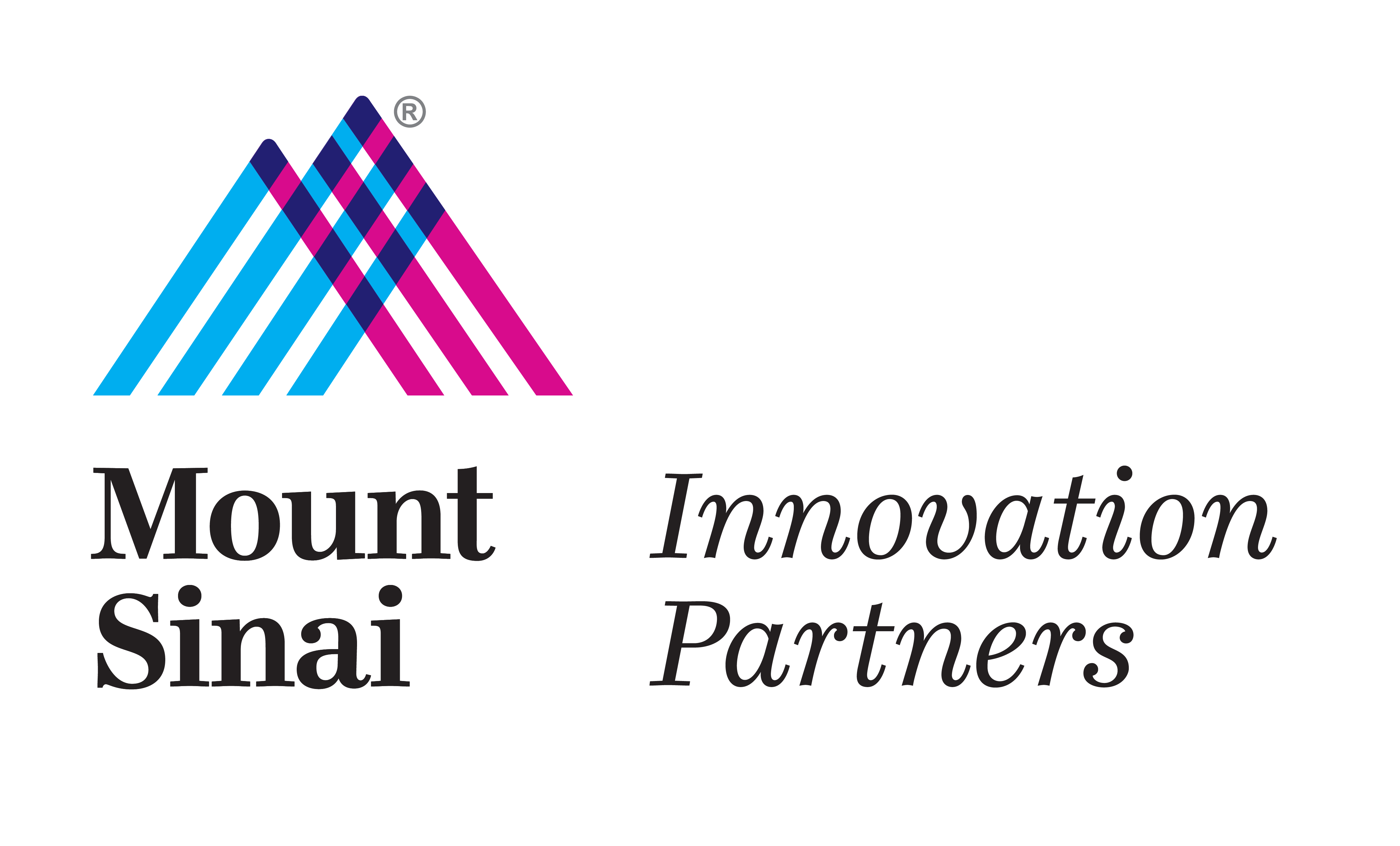Q&A: Meet Jihan Ryu and Xiaosi Gu of Trustworthy Voice, a Pitch Challenge 2022 Finalist
April 27, 2022Jihan Ryu and Xiasi Gu are the co-founders of Trustworthy Voice, an artificial intelligence (AI) platform to track patient-clinician alliance. Ryu and Gu will be presenting this technology at the Mount Sinai Pitch Challenge on May 5!
Have you registered for the Mount Sinai Pitch Challenge? Sign up today and you’ll hear select teams present their healthcare solutions to a panel of judges for a grand prize! Register here.
Tell us about the technology. What kind of healthcare solution does it provide?
Our team is developing an automated feedback algorithm that informs clinicians and patients about their therapeutic alliance state during therapy. The proposed technology utilizes natural language processing, a type of AI that learns from dialogue patterns, to predict if the relationship is becoming stronger or weaker. By leveraging the power of data science, this technology has the potential to help therapists identify and improve key areas of dialogue space to help therapy patients.
What inspired you to dive into this field of technology?
Inspired by the growing sophistication of AI and the alarming knowledge gap in the science of mental health care delivery, I wanted to discover if the patterns of human behavior can be more precisely analyzed. Clinicians are often trained to prescribe and treat patients to improve their symptoms only. However, as a psychiatrist with training in communication skills, I’ve found that patient care paying close attention to emotions and behaviors is an equally important mechanism of therapeutic change, regardless of diagnostic labels. Research consistently shows that this alliance is a powerful mediator of successful outcomes during speech therapy treatment.
Why did you get started with MSIP’s entrepreneurial series?
I wanted to learn how to strategically grow proof-of-concept technology beyond the ideation stage within an academic research setting. I am grateful for MSIP’s guidance as our team reached milestones and built a prototype, and for programs such as i3 Prism to help with funding as we advance this technology.
What do you think distinguishes this technology from other Pitch Challenge teams?
Our technology is heavily quantitative, but is ultimately powered to illuminate the most subjective space in our clinical work: the quality of our relationship with patients. Our work also has the potential to apply to other disciplines, such as primary care, addiction, oncology, and health education services. Developing technology will have many obstacles ahead, but I am hopeful that the impact will make the challenge worth it.

